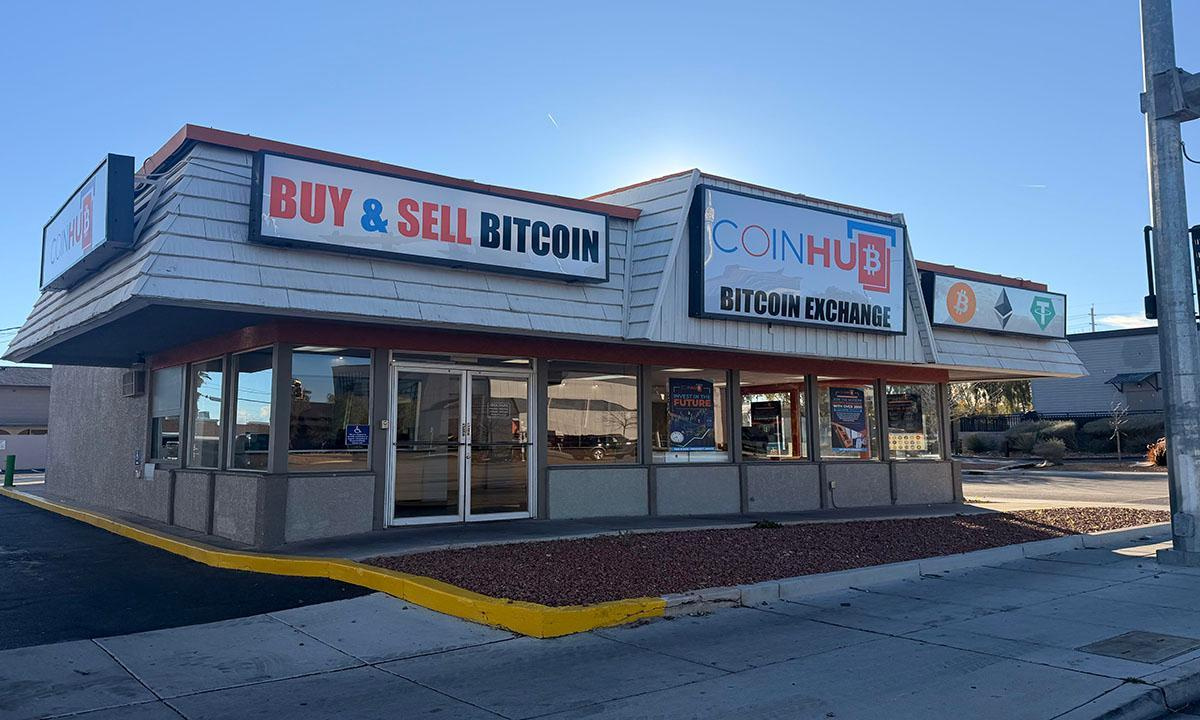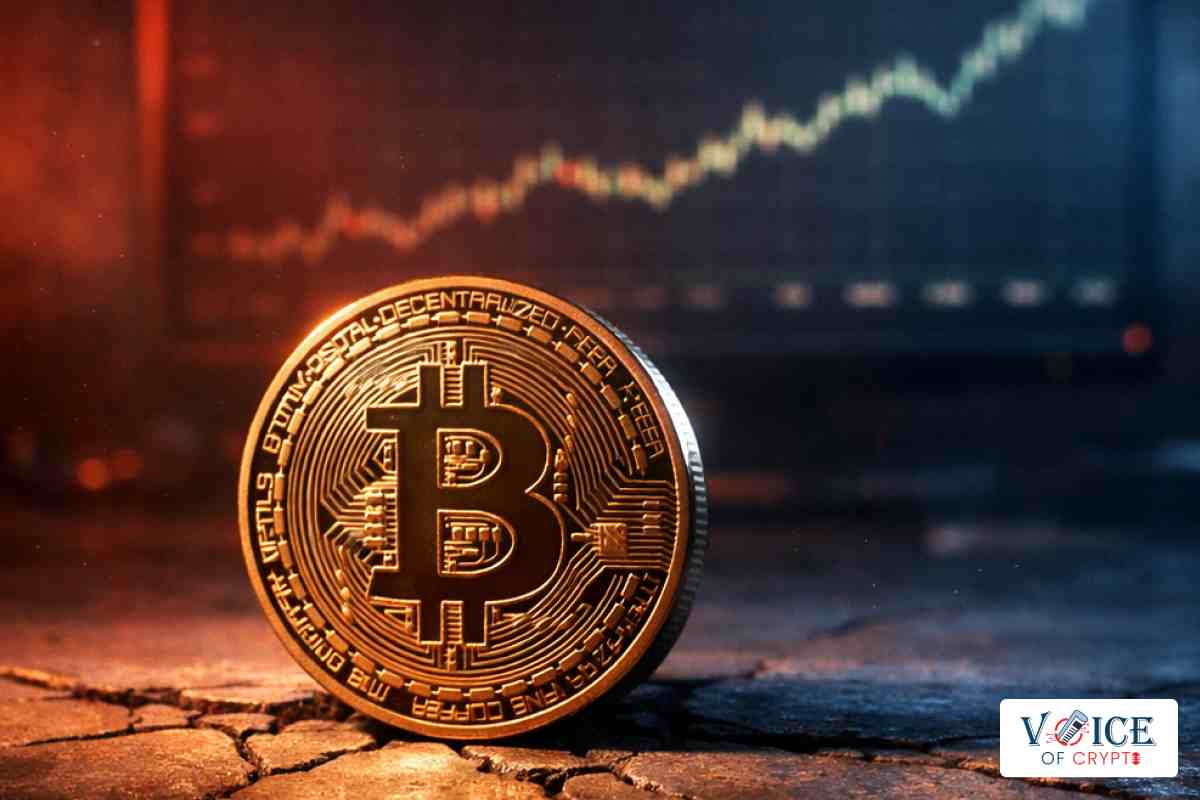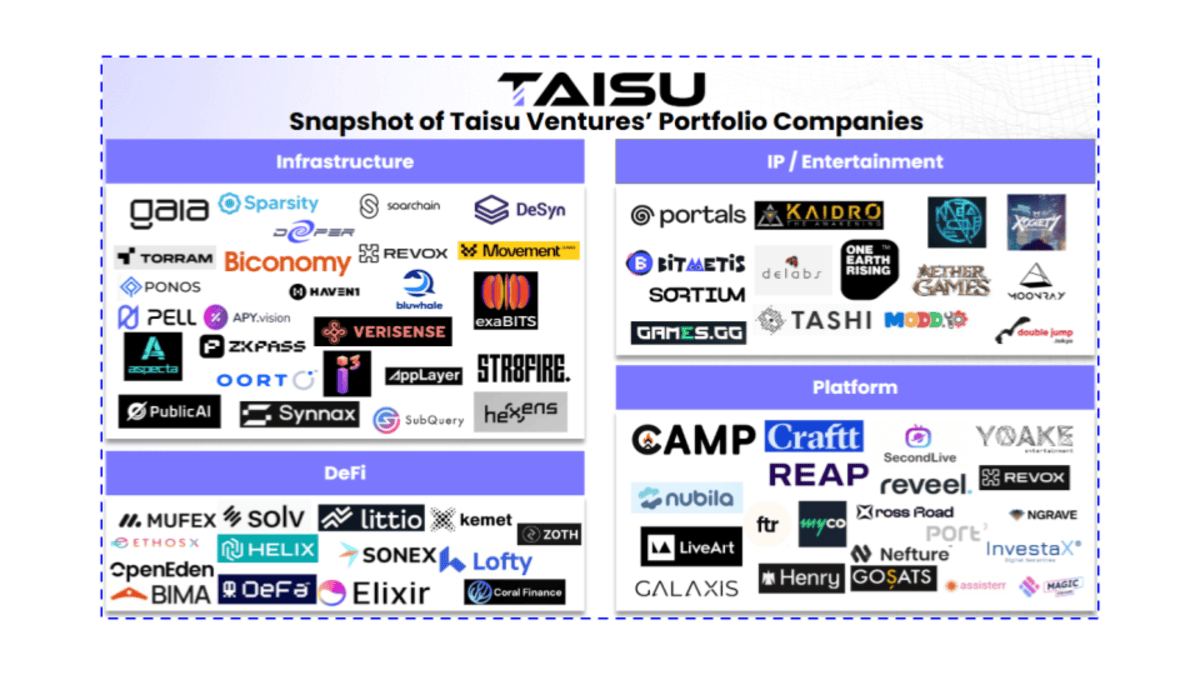A small tourist town in Honduras tourist enclave, 20 minutes from the capital Tegucigalpa has decided to become a bitcoin city. As a part of the “Bitcoin Valley†initiative, the city has started to accept Bitcoin payments. Currently, the project targets to train sixty businesses and help them adopt cryptocurrencies to make transactions for their products and services. However, it aims to spread the ambit of this project to more enterprises and nearby areas.
This initiative was designed to increase tourism revenue across sixty local businesses. The locals of Santa Lucia, like Cesar Andino, the manager of Los Robles shopping square, expect this initiative would increase the opportunities for the shops in the area.
According to a report from La Prensa, a news outlet in Honduras, the shopping mall owner, Cesar Andino, stated,
“It will open more opportunities and attract more people who want to use this currency…Accepting Bitcoin will allow us to open another market and win more customers. We have to globalize. We cannot close ourselves off the technology, and we cannot be left behind when other countries are already doing it”.
About ‘Bitcoin Valley’ Initiative
With this program, the patrons of the local area shops can now make payments with the United States dollar, Honduran Lempira, or Bitcoin (BTC), as per convenience.
In partnership with the Coincaex crypto exchange, Blockchain Honduras, and the Technological University of Honduras, the municipal government of Santa Lucia developed this Bitcoin Valley program. In the process of this development, Coincaex would provide the pieces of equipment and services that mass would be required to perform crypto payments. Meanwhile, Blockchain Honduras would be responsible for educating people on using crypto wallets.
A professor at the Technological University, Ruben Carbajal Velazquez, stated, “Santa Lucia’s community will be educated to use and manage cryptocurrencies, implementing them in different businesses in the region and generating crypto-tourism.”
La Prensa explained how the entire process would take place. They said that under this system, even though the customers will pay for the goods and services in Bitcoin, they would be sending the accounted coins to the Coincaex exchange platform. Immediately after receiving the coins, Coincaex sends the immediate value of the Bitcoin in Lempira to the merchant.
The process is put to immediate effect to ensure that the merchants do not have to suffer from any loss as a result of the price volatility of BTC. So basically, the business owners do not directly receive BTC as payments. The BTC are directed to the Coincaex, which converts them, and sends Lempira to the merchants.
After suffering from a major hit during the pandemic of COVID- 19, the local business owners have put their faith in this system with the hope of better tourism prospects. They expect the Bitcoin Valley to rekindle the tourism earnings in the tropical coastal region. In 2019, Honduras witnessed around $556 million in annual tourism spending before crumbling by more than 66% in 2020, to $189 million. Macrotrends, a global economic tracker, shared this data.
Apart from Honduras, a handful of other regional economies have launched similar programs. . They have legalized payments for goods and services via cryptocurrencies. In 2021, El Salvador adopted Bitcoin as their legal tender of money. It launched ‘Bitcoin Beach’ in the town of El Zonte. It carried out a mass-level program across the nation to educate its residents about the utility of cryptocurrencies.
‘Bitcoin Lake’ is another tourism generation initiative by Guatemala around Lake Atitlan in the Sierra Madre Mountains. In the list, we also include Mayor Cesar Piedrasanta of Panajachel. It is famous for mining BTC with energy that would otherwise have remained unexploited and wasted.









